Ep 2. Nothing but challenges and new beginnings.
Before coming to Seoul, I took the OPIc test and earned every language certification I possibly could. I basically lived at the study hall—aside from eating and working out, I poured in everything I had. And somehow, it worked.
And that’s how I began my first life in Seoul—and my first job. It was with the Secretariat of the Korea–Africa Summit, working as a DLO.
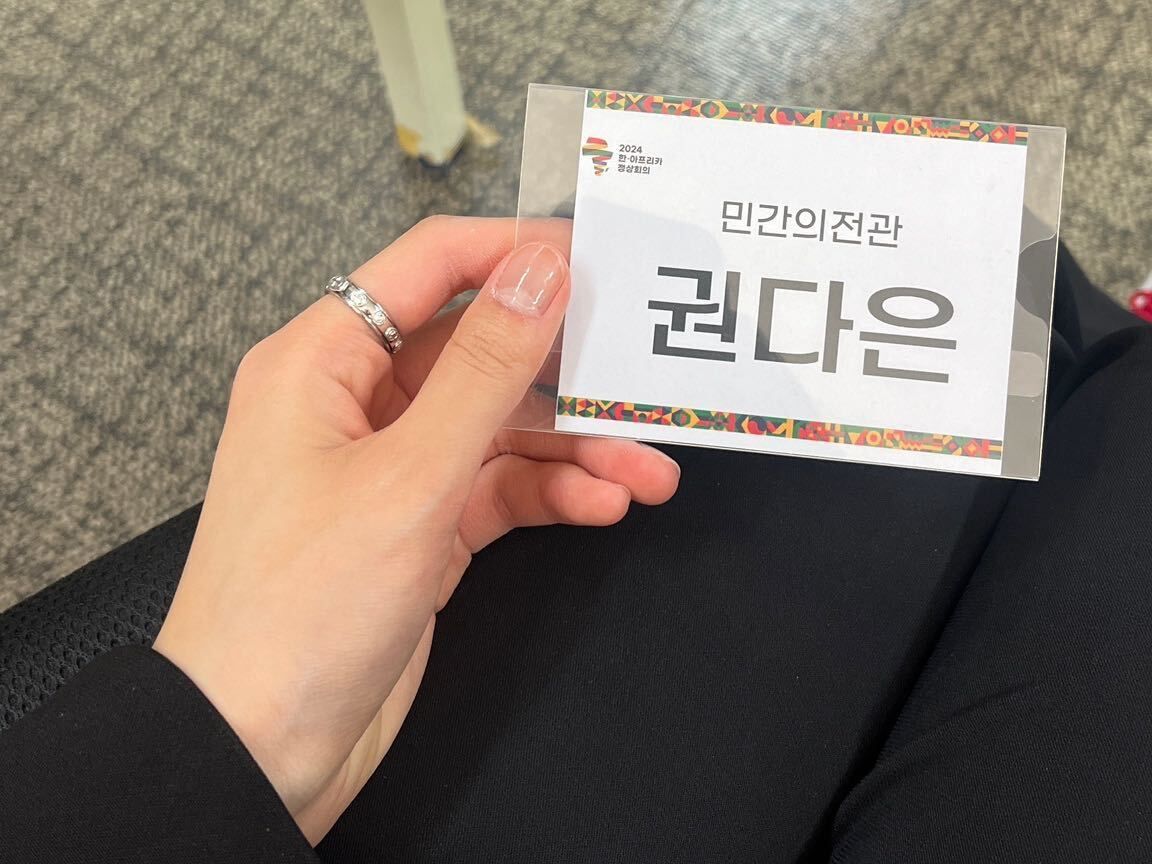
For about a month, I threw myself into both work and study, relying on my limited English and Spanish skills. I constantly felt just how lacking I was.
Since my skills were mostly self-taught without real overseas experience, I could handle everyday conversations, but whenever a more difficult topic came up or an unexpected situation arose, I felt an immense burden and nervousness. So in the little time I had left after work, I just kept studying. What else could I do but blame my short academic “toolbox”?
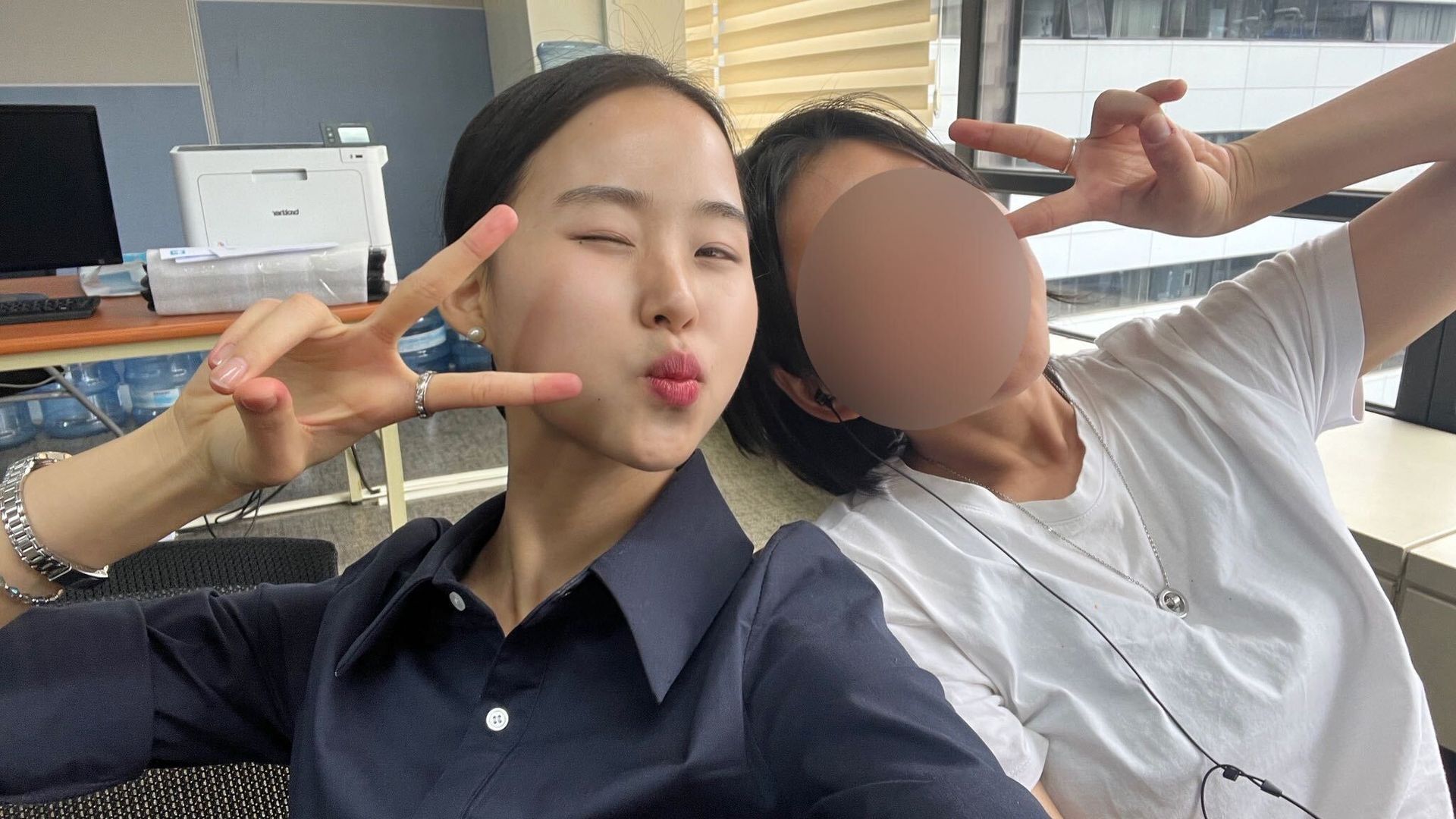
And without much thought, I said I wanted to try protocol work for a Spanish-speaking country—and somehow ended up as the DLO for Equatorial Guinea, a nation with quite a high diplomatic rank. (If only I had kept quiet, half the trouble would’ve passed me by, but I always seem to go out of my way to make things harder for myself…)
Because of that, my very first protocol assignment turned out to be for a rather “hardcore” country. Maybe that’s why I constantly felt how lacking I was in language skills, and it embarrassed me deeply. Still, perhaps because my first assignment was so intense, I gained a lot from it. I learned a great deal about how I should improve my language studies, and above all, I gained the courage to apply for and take on new challenges. Even back then—and even now—I’ve never really feared situations that require me to step up after making a bold choice. Compared to what I went through last year, this was nothing but a drop in the ocean.
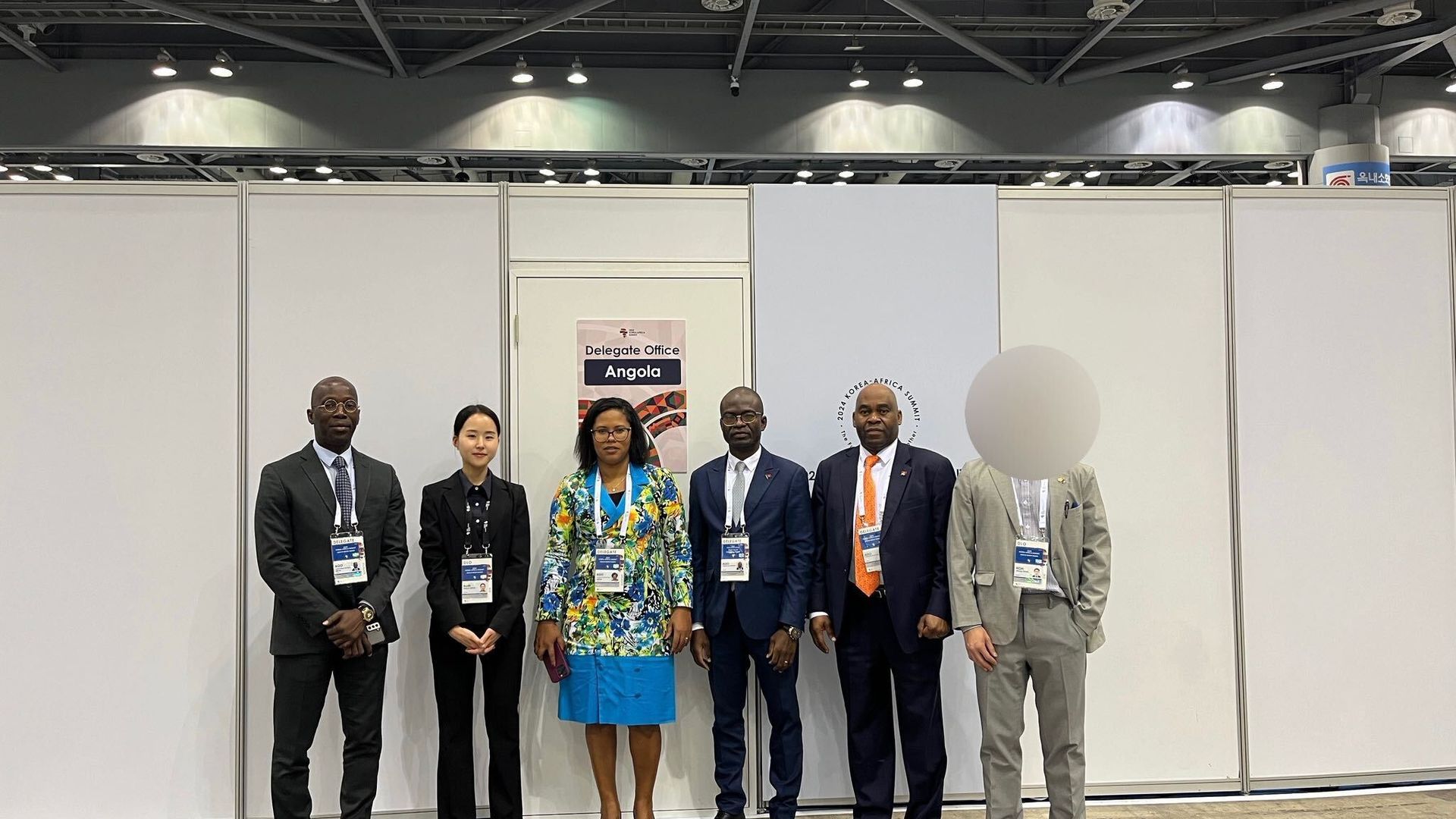
After finishing the protocol work, I began applying for various interpreting jobs, and thankfully, I received several offers. So about a week after the protocol ended, I was assigned as the dedicated interpreter for a Food Expo held at KINTEX.
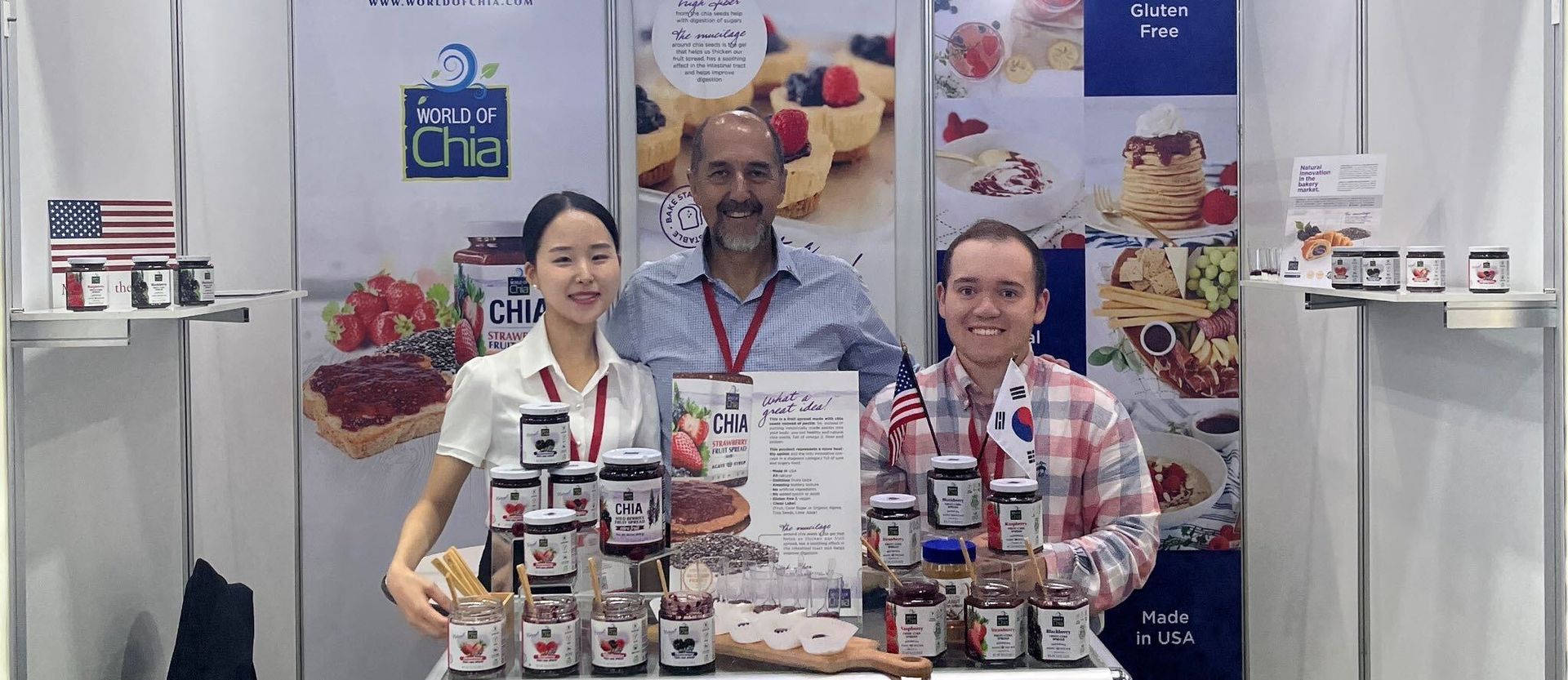
Originally, I thought I was going in as a PM, but since the interpreter canceled the day before, my position was suddenly switched. The event lasted about four days, and I could sense that the organizers were ready to replace me if I didn’t perform well on the first day—so I was quite nervous.
That first day was absolute chaos. Since it was my very first time doing business interpretation, I didn’t know terms like MOQ and had to take extra time explaining them in longer phrases. I also struggled with shipping and technical terminology. And more than anything, once you sit at the table, it only takes a moment for your lack of ability to be exposed.
Since I was assigned as the dedicated interpreter from day one, there was no turning back. I told myself that work is all about momentum, so I just gave it everything I had.
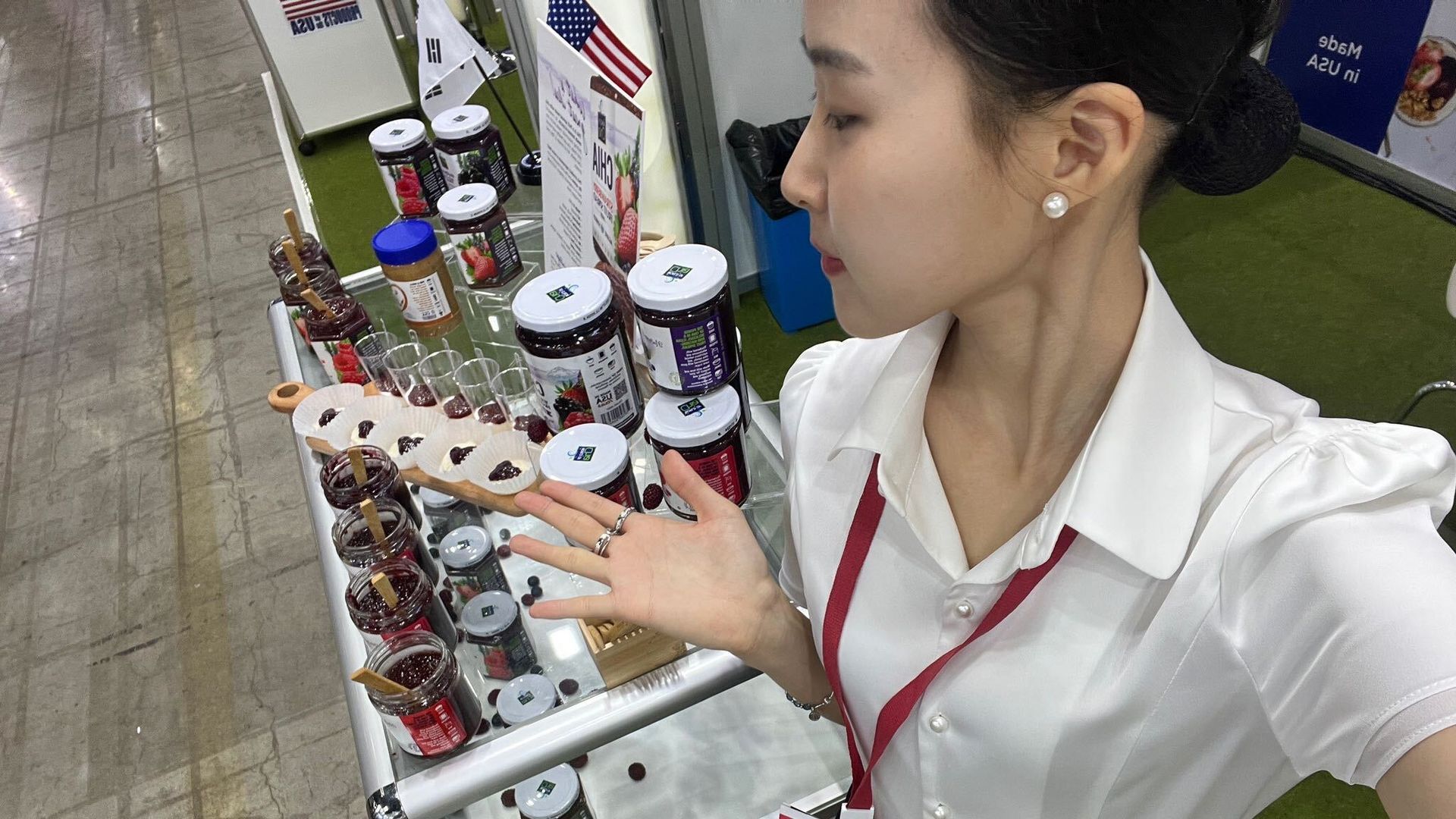
At the end of the first day, the Vice President came over and asked me to stay on until the last day. I’ll never forget that moment. It felt like the first time I was truly recognized. And so, I ended up working as the booth’s dedicated interpreter for all four days. Even with my limited skills, I received so many kind words and compliments that I felt incredibly proud.
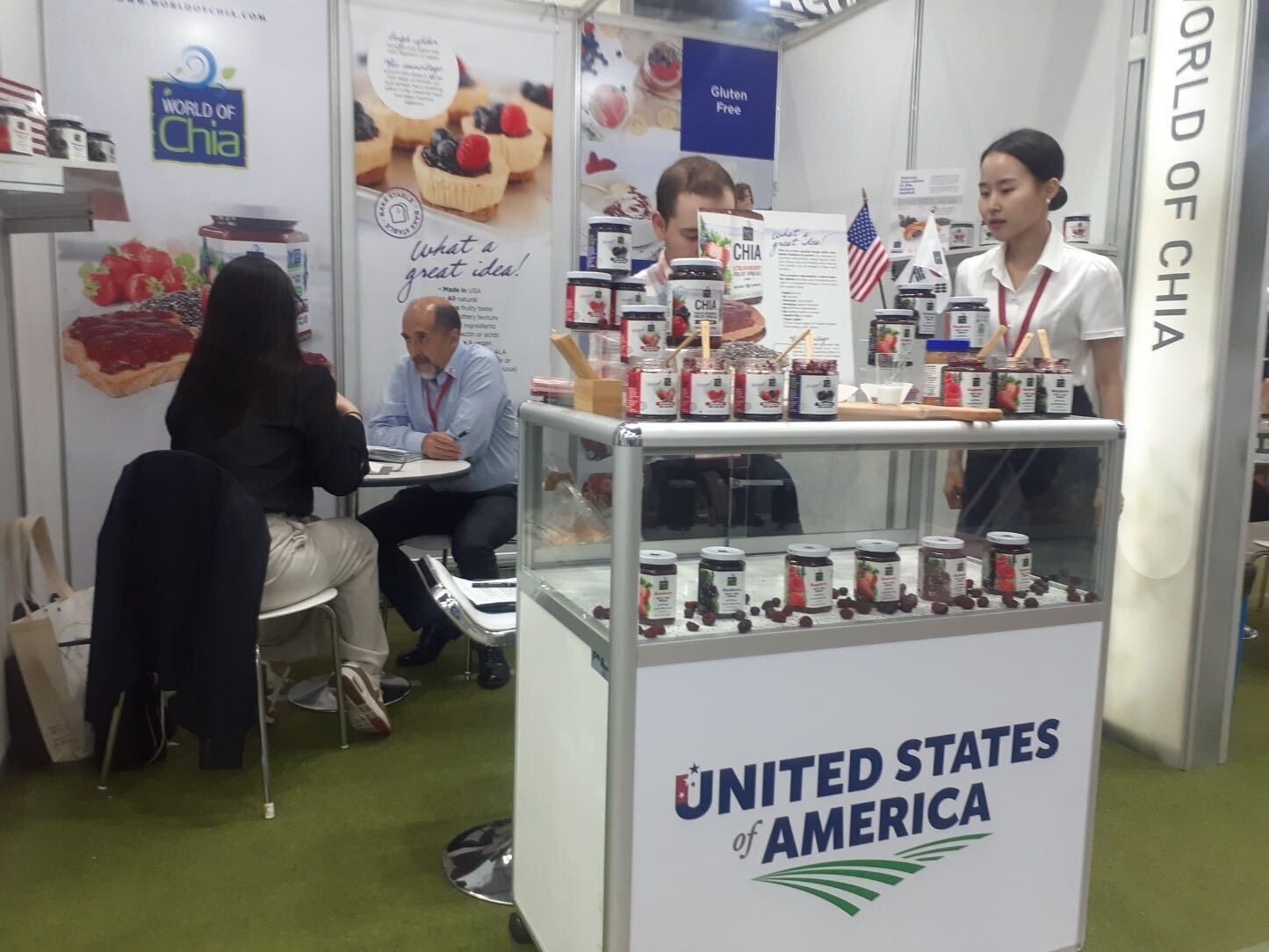
After the Expo interpreting job, I applied for many internships. During the time I was preparing for interviews, I also helped with events at the Italian Embassy, and took on interpretation work at events held at KINTEX and COEX. It was a way to earn living expenses while also building more experience in interpreting.
In short, I did everything that came my way—whether it was work or study. My body was exhausted and I was constantly tired, but since I was also studying and working out, it felt like I was living in a state of constant alertness. Still, I was happy. At least compared to last year.
While working, I was also preparing for interviews with IBK (Industrial Bank of Korea). Since it was my first time facing presentation-style or debate-style interviews, I used whatever free moments I had at work and devoted my weekends to preparation. As a result, I was able to pass and become part of the 31st class of IBK Youth Interns. Because I was juggling so many things at the time, I ended up using every evening, early morning, and weekend—aside from meal times—fully for interview prep.
Sometimes people would say I must have just gotten lucky to be accepted. Sure, luck played a small part. But I know better than anyone that it was an opportunity I earned through hard work. So rather than wasting my breath trying to refute them, I simply laughed it off. No point wasting my time.
Although I had applied for a head office position, I was instead assigned to work at a branch—and it turned out to be an extremely busy one. There were many walk-in customers, and above all, the number of tellers was small compared to the volume of clients. We even had to take turns eating lunch. Because there was always so much work to do, even though my internship period was short, I was able to gain a great deal of hands-on experience.
I worked so busily and frantically that it didn’t even feel like a “youth internship” — it felt like a real internship. It was exhausting, but because of that, I was able to learn an incredible amount, which made it a truly valuable experience. Oh, it was tough, of course. I lost a lot of weight during the internship (laughs).
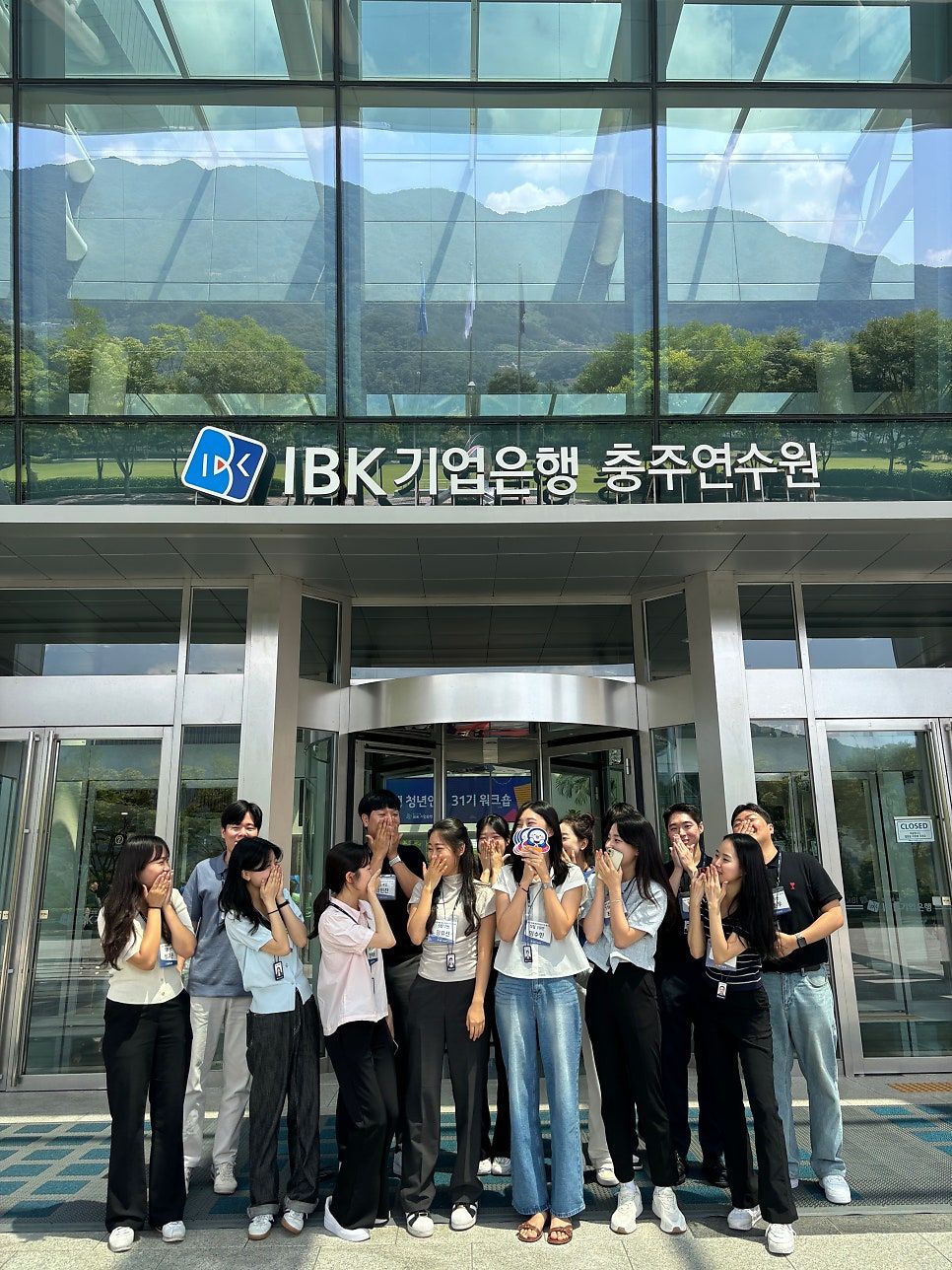
Although it wasn’t a formal internship, with the summit secretariat work, the IBK internship, and all the interpreting jobs, I was living the life of a perpetually busy modern person. Before I knew it, it was already September. I didn’t even have the time to really reflect on how quickly time was passing before I started searching and applying for things to do in the latter half of the year.
In fact, there were so many applications and interviews that I lost count. Just the number of applications I submitted after moving to Seoul easily exceeded a hundred, and I went through countless interviews.
For the latter half of the year, I focused on programs that allowed me to connect with peers my age, such as international exchange programs, or activities that would give me insights and new perspectives. It wasn’t really about money—I wanted to spend the rest of the year experiencing different things, learning, meeting people, and building meaningful relationships.
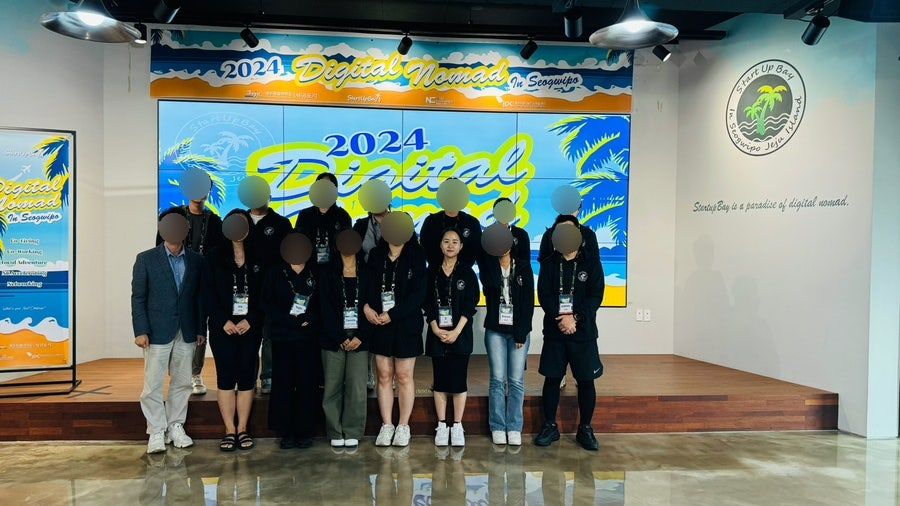
While applying to various programs, I was fortunate enough to be selected for a startup camp held in Jeju Island—my very first time visiting Jeju. To be honest, I had always wanted to go there for travel first, but I was satisfied nonetheless. If not for this, I probably would’ve ended up doing nothing but work. After spending the night at the airport, I flew to Jeju and joined the camp for a week. During that time, I met and connected with many people, worked on projects, and not only gained valuable insights but also built meaningful relationships.
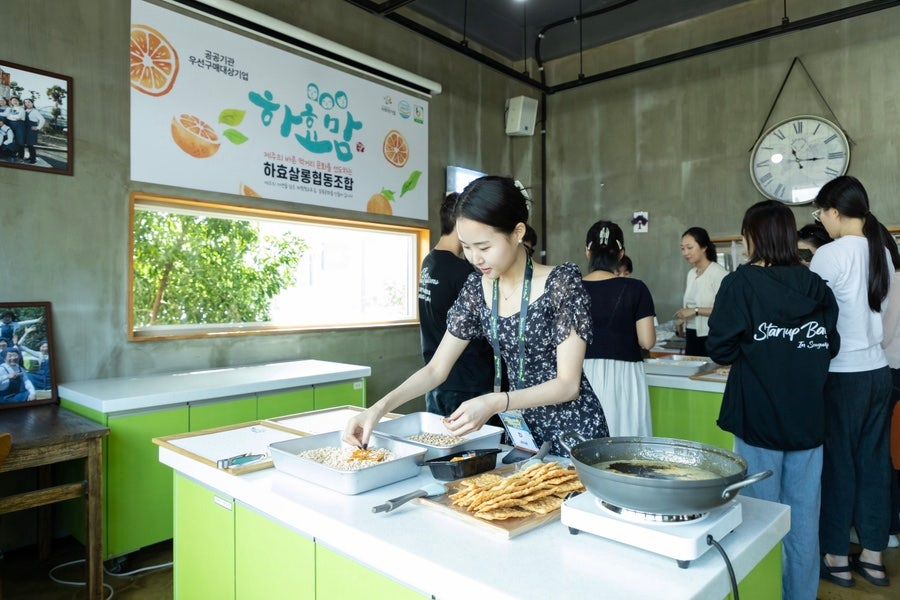
As soon as the enjoyable week in Jeju came to an end, I returned to Seoul, unpacked my bags, and immediately headed to Pyeongchang. It hadn’t been part of my original plan. But through a Korea–Japan exchange project I had been participating in since July, I learned about this opportunity. I applied, did the interview online while in Jeju, and luckily got accepted—so off I went.
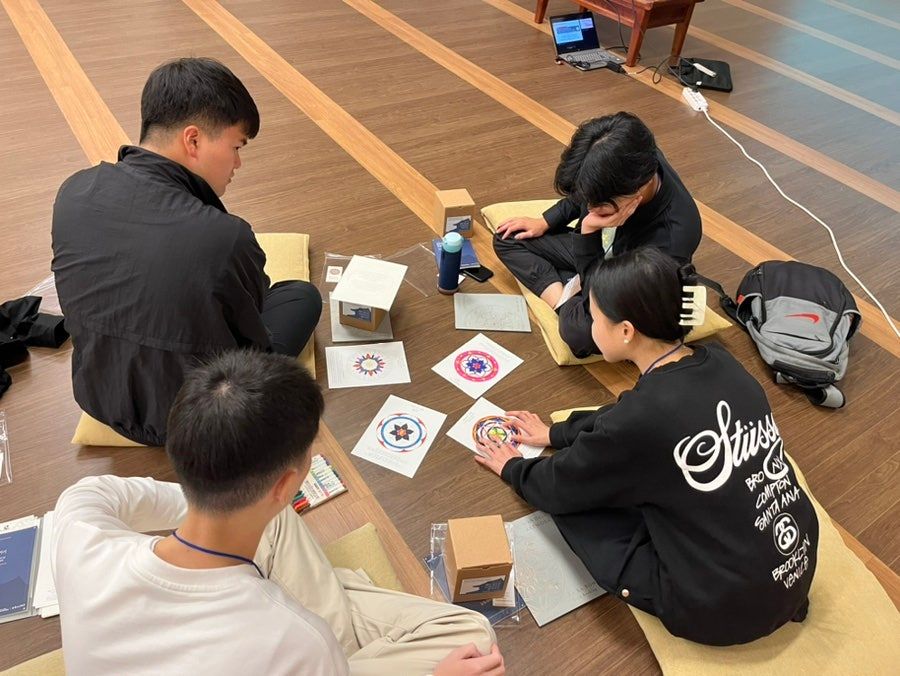
After unpacking from Jeju, I went straight to Pyeongchang for the Odaesan International Exchange Program, spending four days there with Japanese students. Together, we explored Korea’s Buddhist culture at places like Woljeongsa Temple in Odaesan and the National Museum of Korea, while also engaging in discussions and dialogues about the shared history between Korea and Japan.
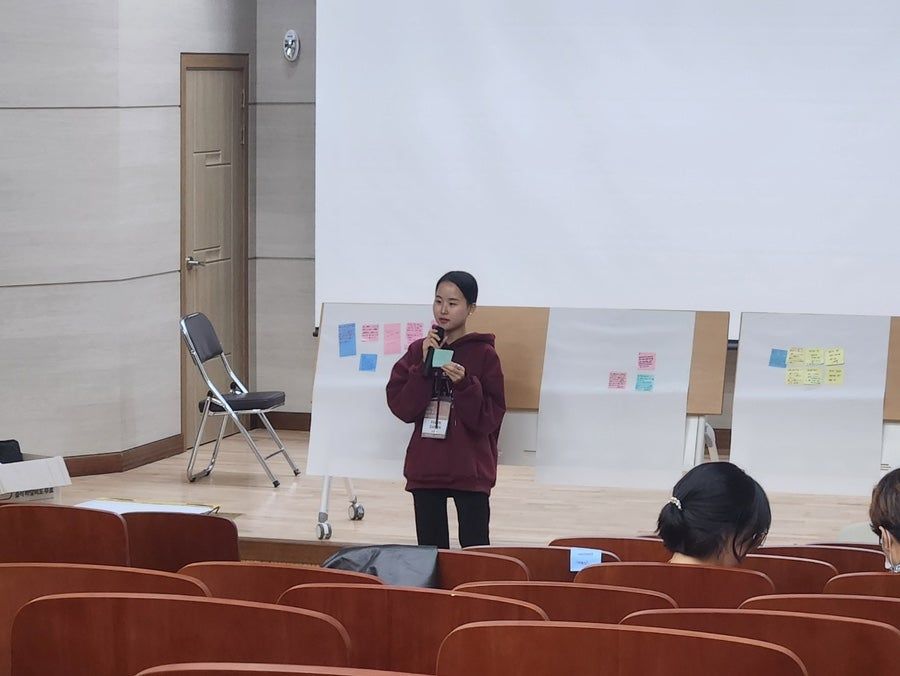
Of course, I believe the intellectual growth I gained from this experience was incredibly valuable, but what I appreciated most was being able to spend time and communicate with peers my own age. Up until then, I had been working nonstop and had very few opportunities to connect with people my age, so this was something I truly enjoyed.
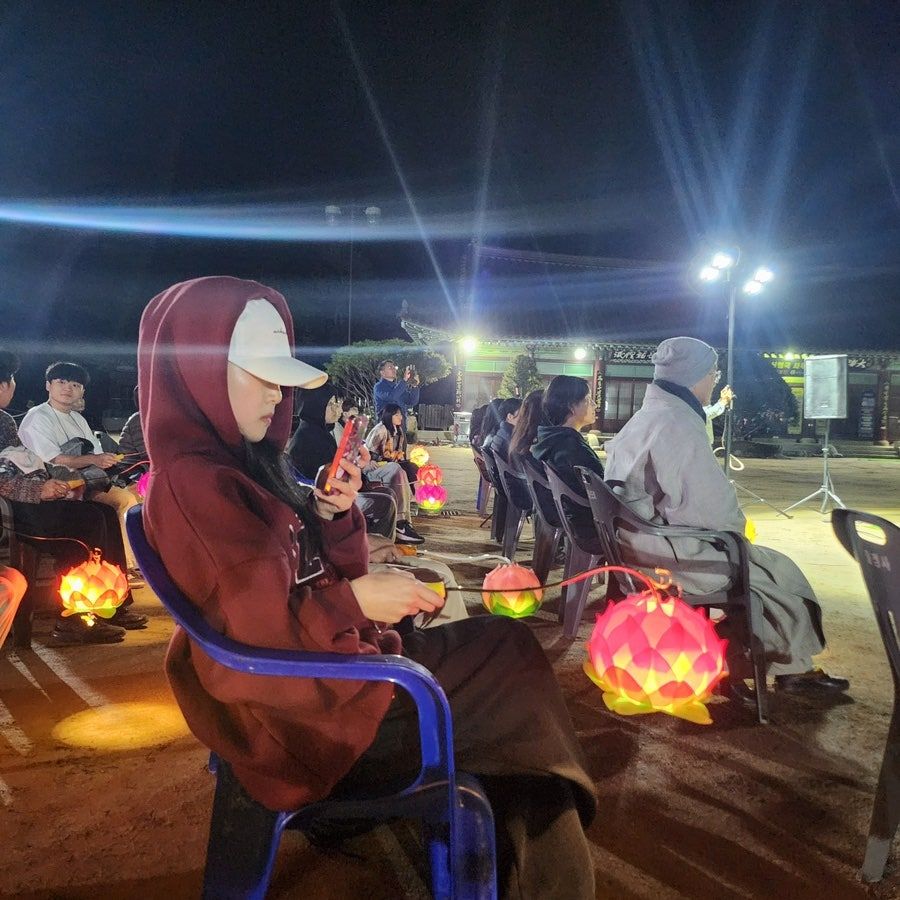
And just like that, September flew by. By the time the Odaesan program ended, it was already the second week of October. Around then, students visiting Korea also arrived, so I participated in those activities as well, while continuing to do occasional interpreting work.
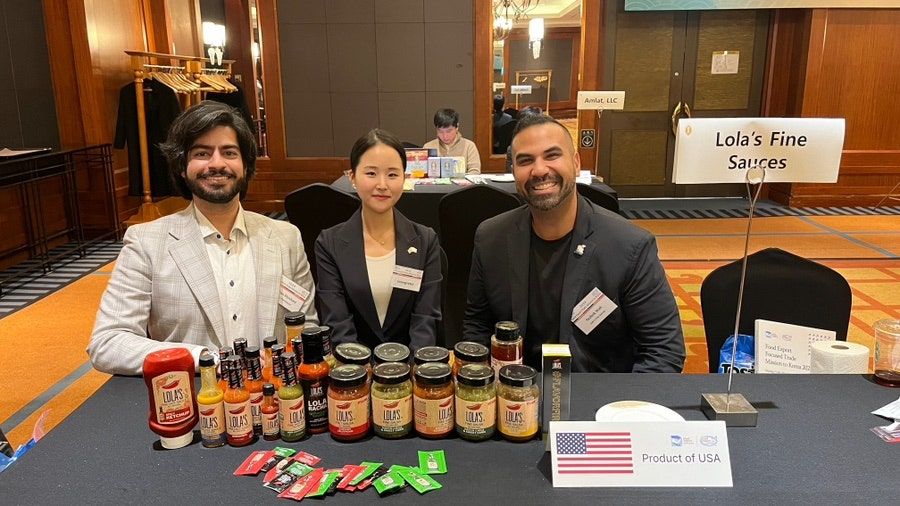
In the meantime, I was given the chance to work as the interpreter for a U.S. company export consultation event hosted by the same organization where I had previously interpreted at the Seoul Food Expo. Unlike booth interpreting, this was full-scale business export consultation interpreting, so I put in a lot of study and preparation beforehand.
The company I was assigned to was a sauce manufacturer, and the representatives were truly wonderful people. Thanks to their preparation and my own efforts, we received very positive feedback. Personally, I felt really proud—like all the hard work I had put in had finally meant something. Of course, that’s just my own perspective. It doesn’t matter if others don’t see it the same way.
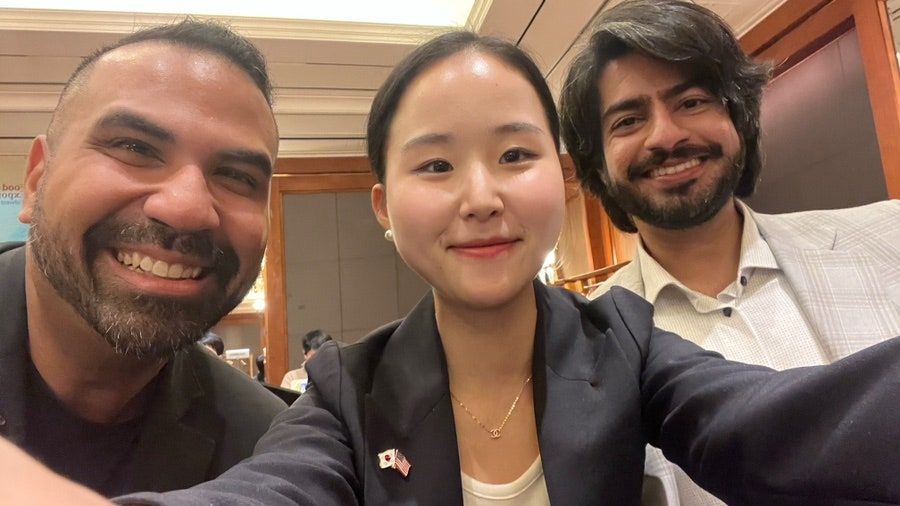
In November, I traveled to Japan as part of the Korea–Japan University Student Exchange Delegation. Over the course of about a week, I participated in a variety of activities there. At the time, I was also running my blog quite actively, and the posts I wrote about this experience gained a lot of popularity.
In Japan, I met many friends and had a wonderful time, and I was glad that I could capture those moments in my own honest and straightforward writing.
At the same time, I was consistently working on my blog, which was also gaining popularity. Through writing about the Korea–Japan exchange activities, reflections, and more, I was able to gain an incredible amount of insight overall.
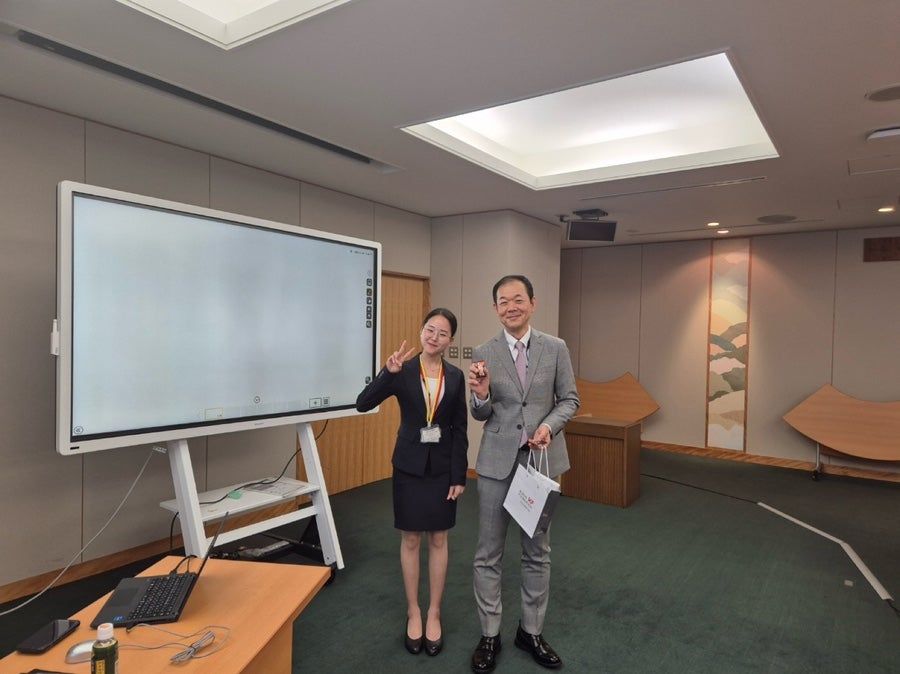
People also began showing a lot of interest in the posts I had uploaded earlier, such as my IBK internship experience and reviews of different extracurricular activities. My blog neighbors soon surpassed 4,000.
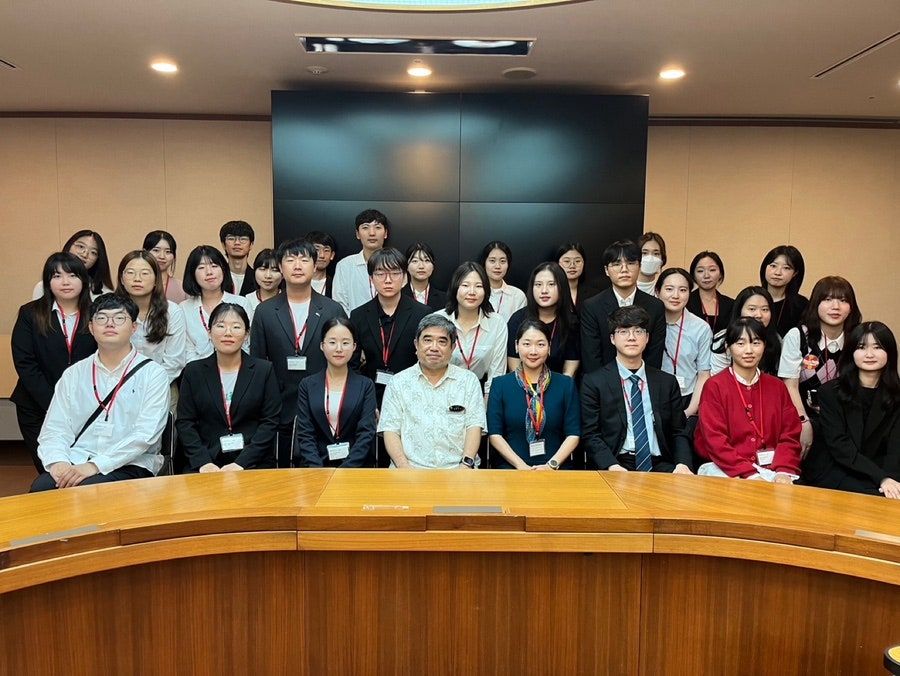
Living in a constant dopamine rush, I managed to get through my schedule in Japan without any issues. To be honest, I was so busy before going to Japan that I don’t really remember what I did there. Or rather, I know I went, but it doesn’t quite feel like I actually did.
What I do know is that I’ll continue to challenge myself with different opportunities, to learn what I want to learn, and to fill my life with the things I love and dream of. I hope that a life so miserable that I want to die will never again be part of my story. No—in fact, it won’t be.
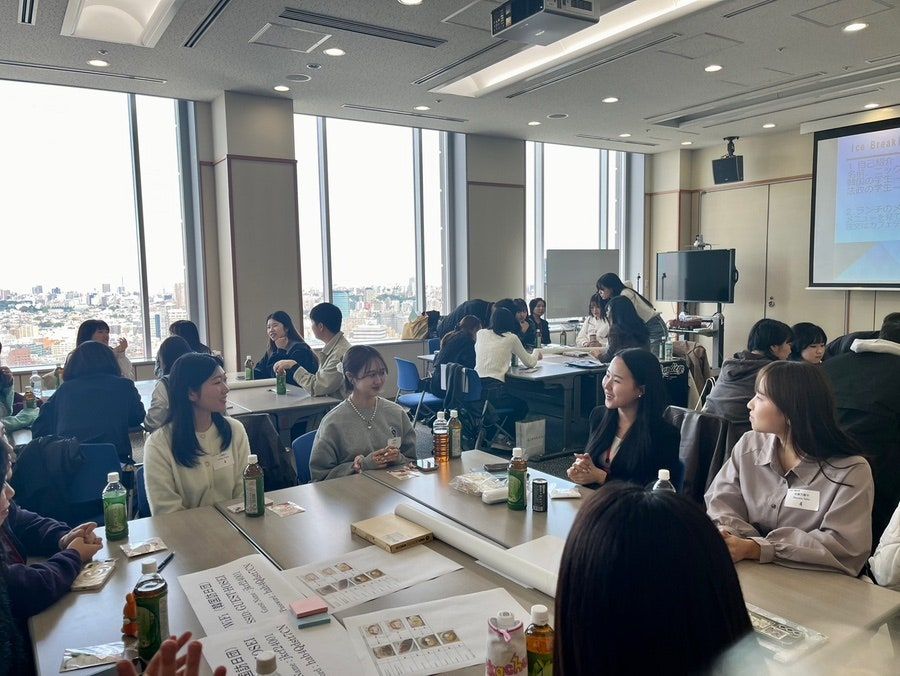
And even if such times do come, I’ll be equipped with a fully positive mindset, ready to defend myself. Eventually, misery will run away on its own, don’t you think? I hesitated a lot about whether or not to post this story on my blog. I wasn’t sure if I should write it all down and share it. The truth is, I didn’t want all the painful and difficult moments I experienced to be dismissed by others as nothing special, or worse, to be seen as proof that I’m weak (laughs).
But still, the reason I decided to post such a long reflection is simple: I wanted it to bring even a little bit of comfort to the beautiful youth who, like me, are going through hard times. Because if someone like me—an ordinary person, really nothing special—can somehow endure and overcome struggles, face new challenges, grow through them, and even gain the power to completely change my life… then so can you. That’s the simple message I wanted to share.
Let’s think of it lightly: if life feels unbearable and you want to give up, forcing yourself won’t help. We’re young—if we fail, we can always come back. We have families and friends to return to.
If it feels miserable, don’t do it. Do what you want to do. That’s enough. It’s okay—we’re young. We’re still at the age where the cost of failure is small, right?
Even though this year-end reflection may seem scattered and unorganized, with this piece, I want to let go of the hardships and scars I’ve carried. With the arrival of 2024, I intend to leave them behind and forget them.
After all, time is too short to remember only the painful things when there are so many happy and joyful moments worth cherishing.
I don’t know exactly what activities or opportunities I’ll pursue next. But I do know this: I’ll give my very best to the present.